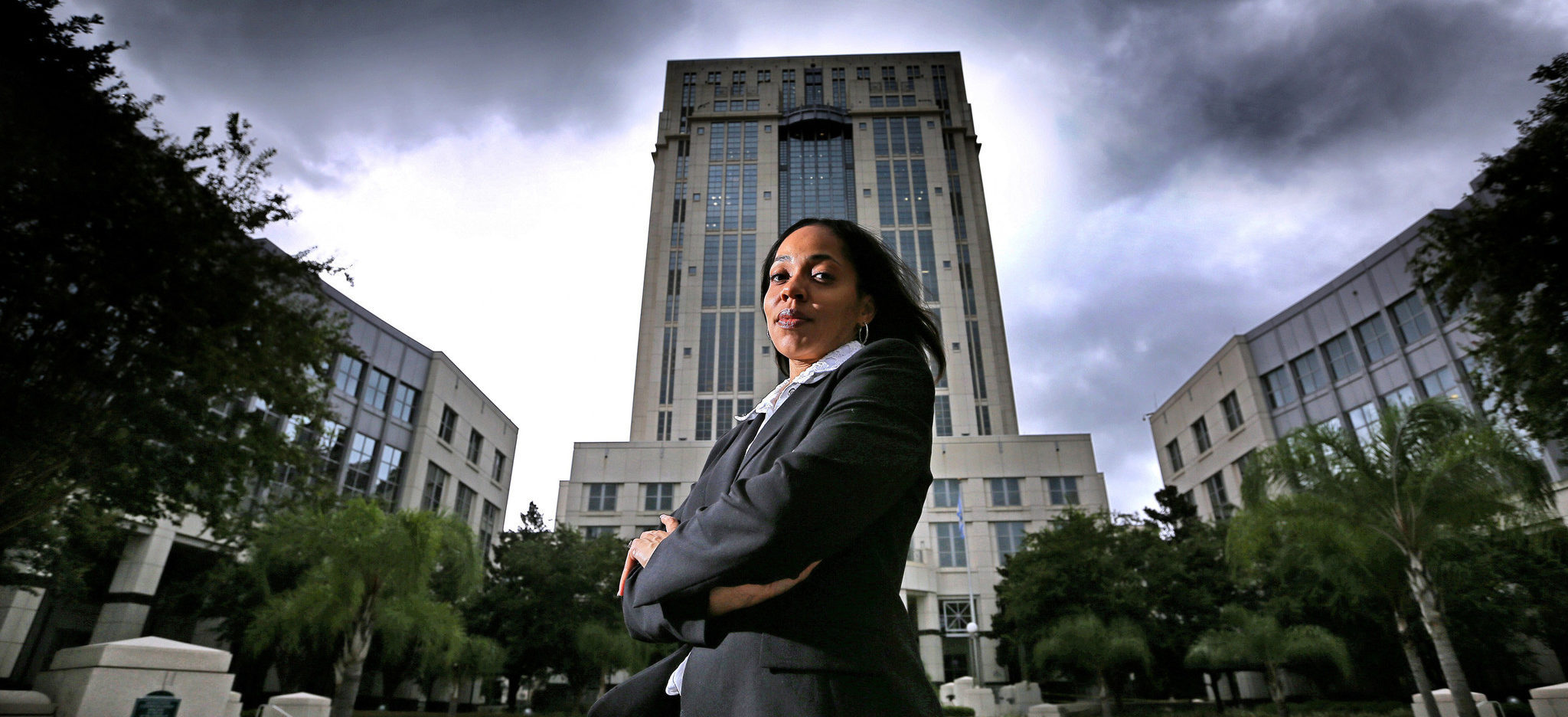

For so long, prosecutors have repeated the mantra that the death penalty is needed for murder victims’ families and to provide them justice. This idea developed into an unquestioned assumption that guided many district attorneys in handling cases and crafting campaign messages. Yet the recent announcement by State Attorney Aramis Ayala of Orlando, Florida, to no longer seek death sentences challenges the notion that capital punishment helps victims’ families. Given the uncertain and painful process that capital cases put victims’ families — including my own — through, I applaud this announcement and hope other prosecutors will adopt a similar approach.
There’s a vast disconnect between the theoretical death penalty championed by some officials — which they say is justice and brings closure — and what it looks like in reality. My children and I witnessed that reality firsthand after my daughter Shelby Farah was murdered in Jacksonville, Florida, on July 20, 2013.
For over three and a half years, we endured delays and constant legal uncertainty before a trial could even get started. Many other Florida families found themselves in a similar position, as the state’s death penalty statute faced litigation and ended up being overturned twice just in the last year.
These problems with the death penalty are not limited to Florida. If you look at all the executions last year in the United States, it took on average 18 years from sentence to execution. But more often than not, death sentences are overturned and don’t even end in an execution. So for surviving loved ones promised justice in the form of an execution, the promise usually ends up being empty and misleading.
Given this reality, more experts in trauma are now concluding that the death penalty inflicts additional pain on murder victims’ families in the wake of tragedy. Across the country, murder victims’ families themselves — Connecticut, Nebraska, and elsewhere — are voicing concerns about how capital punishment harms them.
I decided to speak out against the death penalty for the emotional well-being of my family. Together we needed to focus on healing after Shelby’s murder, not years and possibly decades of trials and appeal that come with death penalty cases.
The previous State Attorney, Angela Corey — who had a reputation for frequently seeking death sentences — refused to listen to my pleas and pushed forward with the death penalty in response to my daughter’s murder. Our family did not find relief until a new State Attorney was elected and took death off the table in 2017. Finally, our family was able to put the legal process behind us and move on with our lives.
This decision in my case, and the broader announcement from the Orlando State Attorney to never seek the death penalty, reflect a growing recognition of capital punishment’s harm on surviving families. No longer tied to the empty tough on crime rhetoric of their predecessors, a number of prosecutors are questioning the death penalty’s value and seeking it less often or not at all.
Some of this shift has occurred quietly. Death sentences in the U.S. are at record lows, as prosecutors seek them less often. In recent years, only a handful of district attorneys seek death with any frequency. Out of the over 3,000 counties nationally, only 16 counties produced five or more death sentences between 2010 and 2015.
Hopefully, State Attorney Ayala’s announcement will further spur these trends. Officials need to honestly evaluate the reality of the death penalty and its consequences for murder victims’ families. What they will find is an increasingly indefensible policy that hurts rather than helps those that it purportedly serves — murder victims’ families.
___
Darlene Farah of Jacksonville is the mother of Shelby Farah, who was murdered in 2013.



